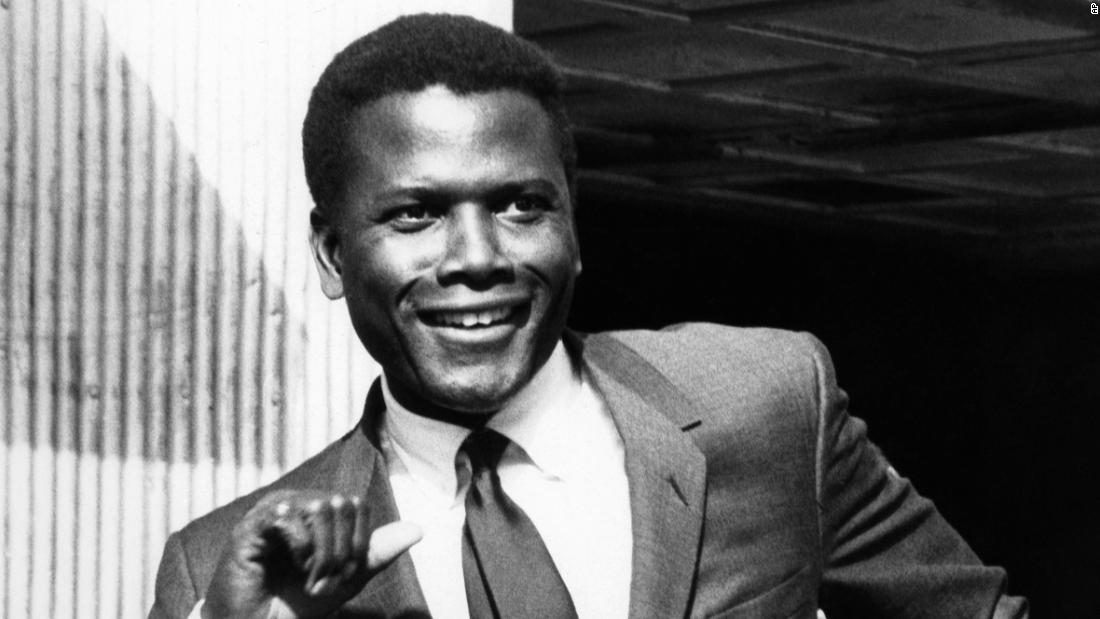A Beginner's Guide to Music
Music is a universal language that has the power to evoke emotions, bring people together, and provide a form of self-expression. Whether you're a complete novice or someone interested in delving deeper into the world of music, this beginner's guide will introduce you to the key elements of music, help you understand different genres, and provide useful tips for exploring and appreciating this art form.
The Building Blocks of Music
Before diving into the complexities of music, it's essential to grasp the fundamental elements that make up a piece of music. These elements include melody, harmony, rhythm, dynamics, and form. Understanding how these components work together will enhance your listening experience and give you a foundation for exploring different musical styles.
Exploring Different Genres
Music encompasses a vast range of genres, each with its unique characteristics and cultural influences. From classical to rock, jazz to hip-hop, exploring different genres will expose you to diverse musical expressions and expand your musical horizons. Take the time to listen to various genres and discover the ones that resonate with you the most.
Understanding Musical Notation
Musical notation is a system of symbols that represents musical sounds and rhythms. Learning the basics of musical notation will allow you to read sheet music, follow along with musical scores, and gain a deeper understanding of how music is written and performed. Familiarizing yourself with notes, clefs, rhythms, and key signatures will be invaluable in your musical journey.
Basic Music Theory
Music theory provides a framework for understanding the structure and composition of music. While it may seem intimidating at first, learning the basics of music theory will enhance your ability to analyze and appreciate music. Concepts such as scales, chords, intervals, and cadences will give you insights into how music is constructed.
Instruments and Their Roles
Instruments play a vital role in creating music, each with its unique timbre and purpose. From string instruments like the guitar and violin to percussion instruments like drums and piano, understanding the different families of instruments and their roles within an ensemble or band will deepen your appreciation for the diverse sounds they produce.
Developing Your Musical Taste
Developing your musical taste is a personal journey that involves exploring various artists, albums, and songs. Take the time to listen to different artists and genres, attend live performances, and seek recommendations from friends and music enthusiasts. By actively engaging with music, you'll discover your preferences and develop a discerning ear.
Finding Your Musical Community
Music has a way of bringing people together. Seek out like-minded individuals who share your passion for music. Joining a choir, band, or music club can provide opportunities to collaborate, learn from others, and share your love for music. Engaging with a musical community will enrich your musical experience and open doors to new friendships.
Learning to Play an Instrument
Playing an instrument is a rewarding endeavor that allows you to actively participate in creating music. Choose an instrument that resonates with you and embark on the journey of learning to play. Whether through formal lessons or self-guided practice, playing an instrument will enhance your understanding of music and provide a means for self-expression.
Music Appreciation: Concerts and Recordings
Attending live concerts and exploring recorded music are two different yet equally enriching ways to appreciate music. Live performances offer a unique energy and connection with the performers, while recordings allow you to explore a vast library of music at your convenience. Make it a habit to attend concerts and explore recordings to deepen your appreciation for different artists and styles.
Resources for Further Learning
The world of music is vast, and there are numerous resources available for further learning. Online courses, books, documentaries, and music websites can provide in-depth knowledge on specific genres, music history, and more. Continuously seek out learning opportunities to expand your understanding and deepen your love for music.
The Importance of Practice
Practice is key to becoming a proficient musician. Regular practice helps develop technical skills, improve musicality, and build muscle memory. It is essential to set aside dedicated practice time and establish a consistent routine to progress and achieve your musical goals.
Music and Emotions: The Power of Expression
Music has a profound impact on our emotions. It has the power to uplift, soothe, energize, and evoke a wide range of feelings. Understanding how music can express emotions and convey narratives will deepen your connection to music and enhance your ability to communicate through your own musical expressions.
Music Education and Resources
Formal music education can provide structured learning opportunities and guidance. Whether through private lessons, music schools, or online courses, seeking music education can help you develop technical skills, gain knowledge, and receive feedback from experienced instructors. Additionally, there are numerous resources available, such as books, websites, and tutorials, that can further supplement your musical journey.
Music and Technology: The Digital Age
Technology has significantly influenced the creation, production, distribution, and consumption of music. From digital audio workstations and software instruments to streaming platforms and online collaboration tools, understanding the intersection of music and technology is vital in navigating the modern music landscape.
The Joy of Musical Collaboration
Music is often a collaborative art form. Collaborating with other musicians, whether in bands, ensembles, or even informal jam sessions, can be a rewarding experience. It fosters creativity, promotes musical growth, and allows for the exchange of ideas and perspectives.
Exploring Live Music: Concerts and Performances
Attending live music concerts and performances is an excellent way to immerse yourself in the energy and magic of music. From intimate acoustic performances to large-scale concerts, experiencing live music allows you to witness musicians' skills, connect with fellow music enthusiasts, and be part of a collective musical experience.
Music as a Personal Journey
Music is a deeply personal journey that can provide self-expression, self-discovery, and personal growth. It allows you to connect with your emotions, explore your creativity, and find your unique musical voice. Embrace music as a lifelong journey of self-exploration and continuous learning.
The Impact of Music on Society
Music has a significant impact on society and culture. It can unite communities, convey social messages, and spark change. Whether through protest songs, anthems, or cultural traditions, music has the power to shape identities, challenge norms, and bring people together.
Embarking on a musical journey is an exciting and enriching experience. By understanding the building blocks of music, exploring different genres, learning musical notation and theory, discovering instruments, developing your musical taste, and engaging with a musical community, you'll gain a deeper appreciation and understanding of this art form. Remember, music is a lifelong pursuit, so embrace the joy of discovering new sounds and let music be a constant source of inspiration in your life.








 English (US) ·
English (US) ·